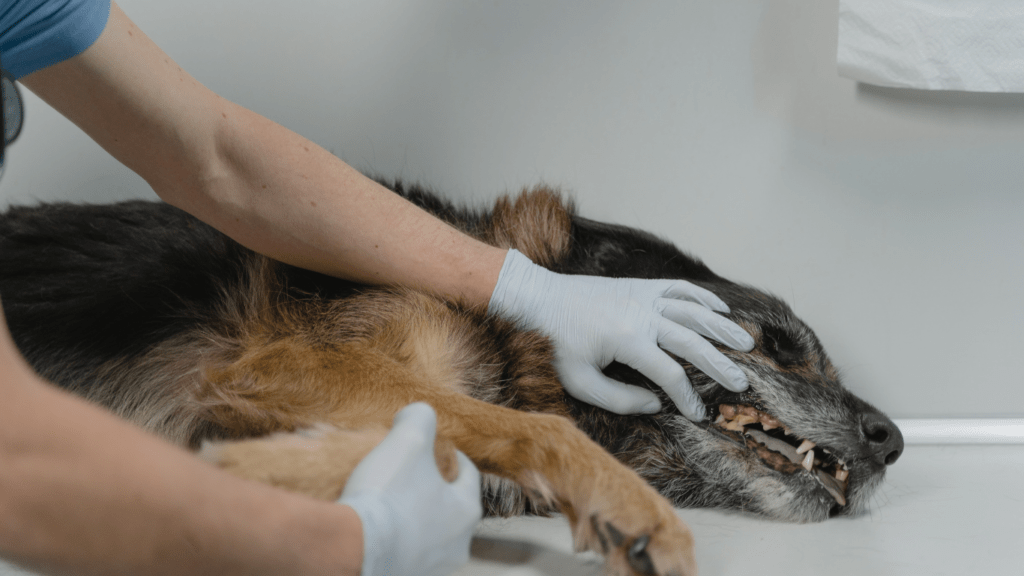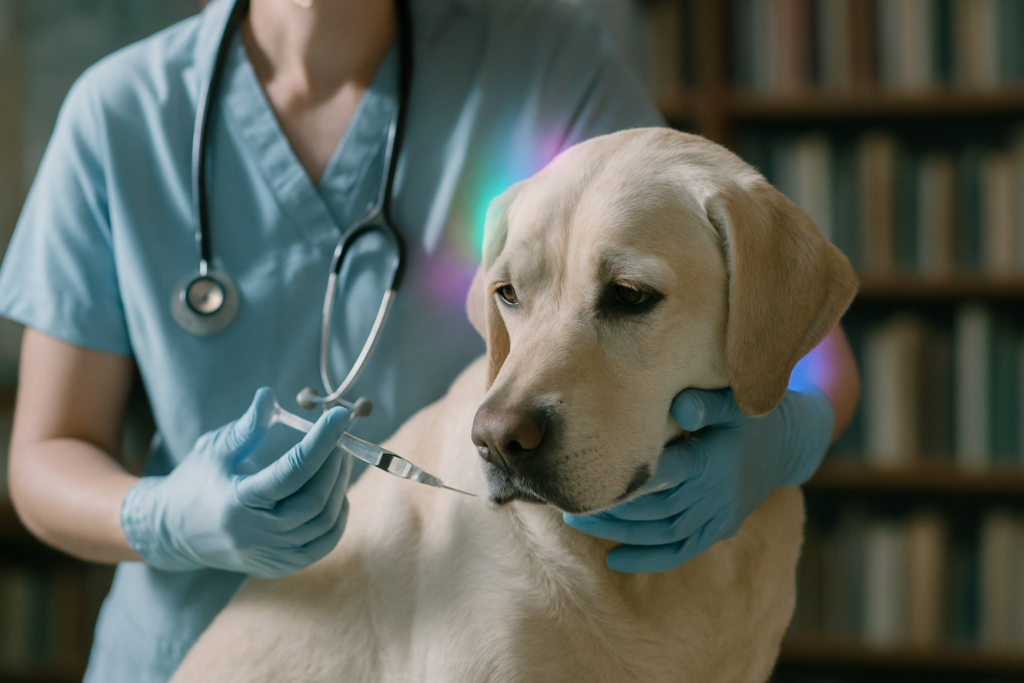As a pet owner, I understand the deep bond we share with our furry companions, especially as they age. Providing the best care for our senior pets is not just a responsibility but a way to show our love and gratitude for their unwavering companionship over the years. In this article, I’ll share valuable tips on how to keep older pets healthy and happy, ensuring they enjoy their golden years to the fullest.
Navigating the unique needs of senior pets can be both challenging and rewarding. From dietary adjustments to exercise routines tailored to their changing abilities, there are various ways to enhance the quality of life for our aging furry friends. Join me as we explore practical advice and expert insights to help you prioritize your senior pet’s well-being and make the most of your time together.
Understanding Senior Pet Care
When caring for senior pets, it’s crucial to acknowledge the changes that come with age. Senior pets, typically defined as those in the last 25% of their life expectancy, require specific attention to ensure a comfortable and healthy lifestyle. As pets age, they may experience a variety of health issues, including arthritis, dental problems, and cognitive dysfunction.
To address these challenges effectively, pet owners should schedule regular check-ups with the veterinarian. These check-ups help monitor any changes in the pet’s health and allow for early intervention in case of issues. Additionally, it’s essential to provide a suitable diet that meets the nutritional needs of older pets. Specialized senior pet food can help manage weight, digestion, and joint health.
Senior pets benefit greatly from gentle exercise tailored to their individual needs. Regular low-impact activities can help maintain muscle tone, joint flexibility, and mental stimulation. As a pet owner, I understand the importance of adapting routines to accommodate my senior pet’s limitations while still promoting their overall well-being.
By being proactive in addressing their changing needs, pet owners can ensure that their senior pets enjoy a comfortable and happy life in their golden years.
Common Health Issues in Older Pets
As senior pets age, they can face various health issues that require special attention to ensure their well-being. Here are some common health concerns to watch out for:
- Arthritis and Joint Pain
In older pets, arthritis and joint pain are prevalent due to wear and tear on their joints over the years. This can lead to stiffness, lameness, and reduced mobility. Regular low-impact exercise and joint supplements can help alleviate symptoms and improve your pet’s quality of life.
- Dental Problems
Dental issues, such as gum disease and tooth decay, can occur more frequently in senior pets. Poor dental health can lead to pain, infections, and difficulty eating. Regular dental check-ups and teeth cleanings are essential to prevent oral problems and maintain your pet’s overall health.
Tips for Maintaining the Health of Senior Pets
Ensuring the well-being of our aging furry companions is crucial in providing them with a comfortable and fulfilling life as they enter their senior years. Here are some essential tips to help you maintain the health and vitality of your senior pets:
Schedule Regular Veterinary Check-ups
It’s vital to schedule frequent visits to the veterinarian to monitor your senior pet’s overall health and address any developing issues promptly. These check-ups can help detect age-related diseases early on, allowing for effective management and treatment.
Opt for Tailored Nutrition
Consider switching to a specialized senior pet diet that meets the unique nutritional needs of older pets. These diets are formulated to support joint health, manage weight, and cater to the changing dietary requirements of aging animals.
Engage in Gentle Exercise
Engaging your senior pet in low-impact exercises such as short walks or gentle play sessions can help maintain muscle tone, improve joint mobility, and enhance mental stimulation. Tailoring the exercise routine to your pet’s abilities is key to preventing overexertion and ensuring their comfort.
Provide Joint Supplements
Including joint supplements in your senior pet’s daily regimen can aid in promoting joint health and reducing the symptoms of common age-related conditions like arthritis. Consult your veterinarian to find the most suitable supplement for your pet’s specific needs.
Maintain Dental Health
Dental issues can be particularly prevalent in senior pets, leading to discomfort and potential health complications. Regular dental check-ups and professional cleanings can help prevent dental problems and ensure your pet’s overall well-being.
By incorporating these tips into your senior pet care routine, you can proactively address the unique health needs of aging pets and help them enjoy a happy, healthy, and comfortable life in their later years. Regular attention to their health and well-being can make all the difference in ensuring your senior pet’s quality of life remains high.
Importance of Regular Vet Check-ups
Regular vet check-ups are crucial for senior pets as they age. It’s essential to monitor their health closely to detect any changes early and address them promptly. During these check-ups, the veterinarian can assess various aspects of your pet’s health, including weight management, joint health, dental care, and overall well-being.
These routine visits allow for preventive care measures to be implemented, such as vaccinations and screenings for common age-related conditions. With regular vet check-ups, potential health issues can be identified before they escalate, leading to better management and treatment outcomes for your aging pet.
I recommend scheduling check-ups at least twice a year for senior pets to ensure their health is monitored effectively and any concerns are addressed promptly. By prioritizing regular vet visits, you can provide your older pet with the necessary care and support to maintain their quality of life as they age.




